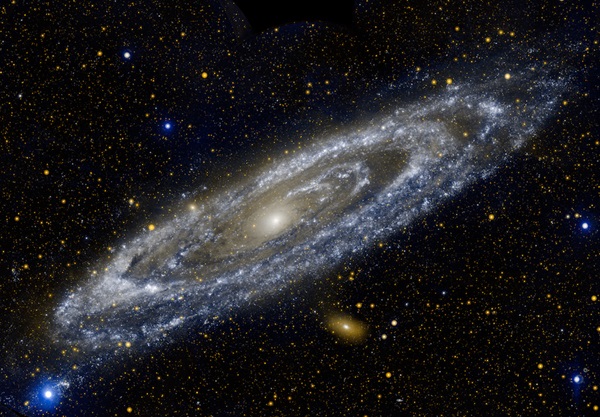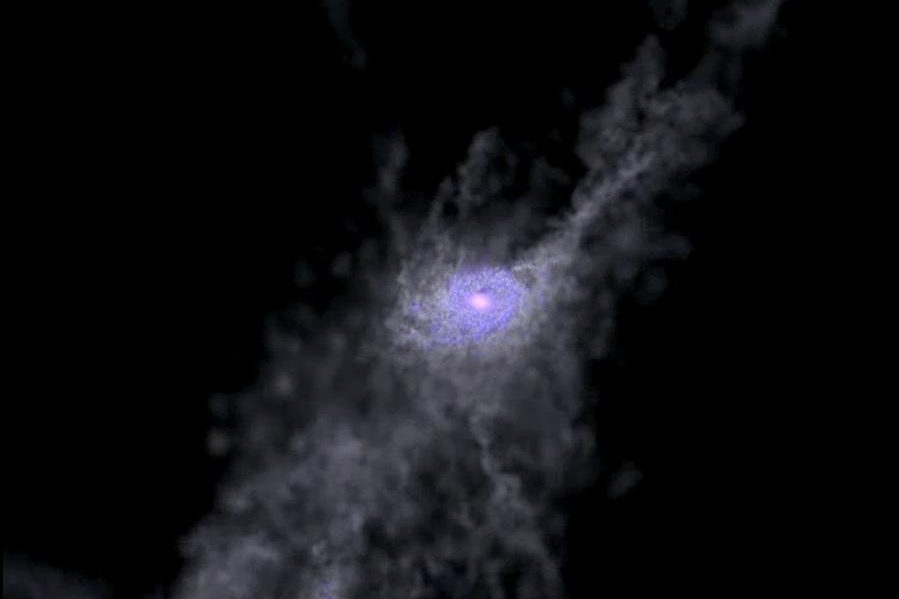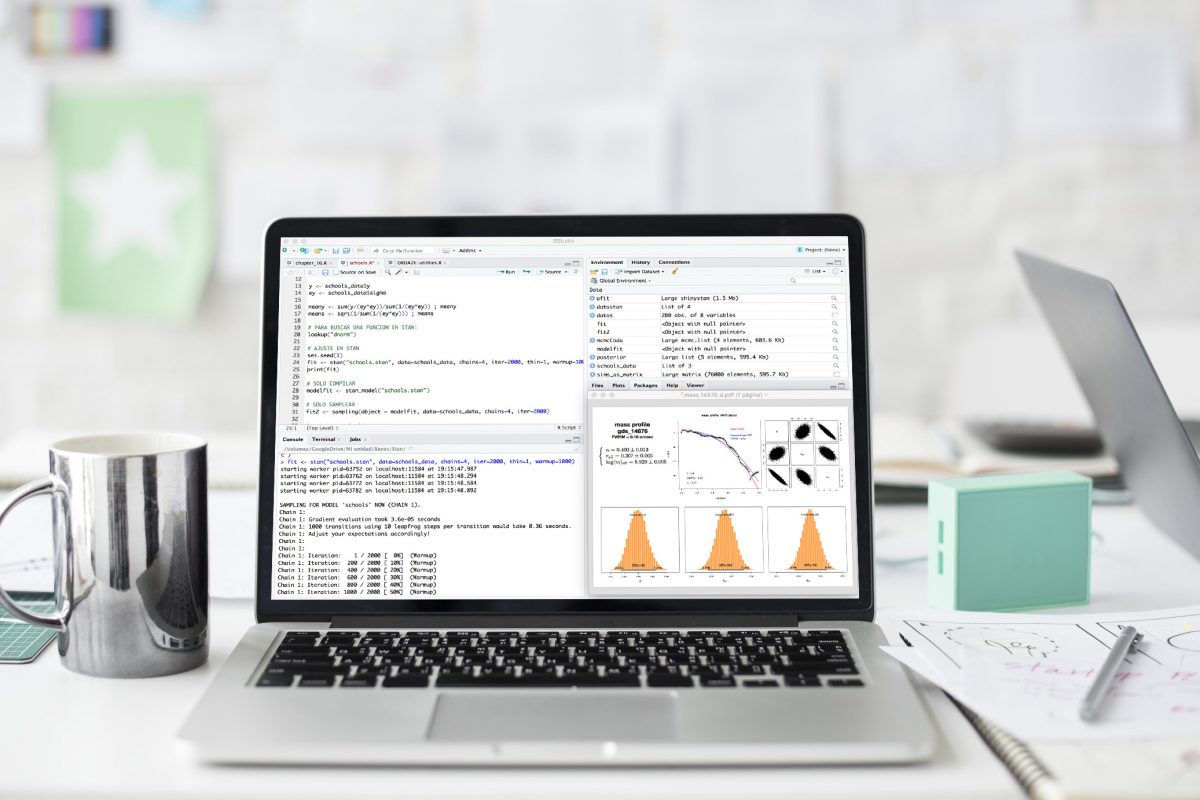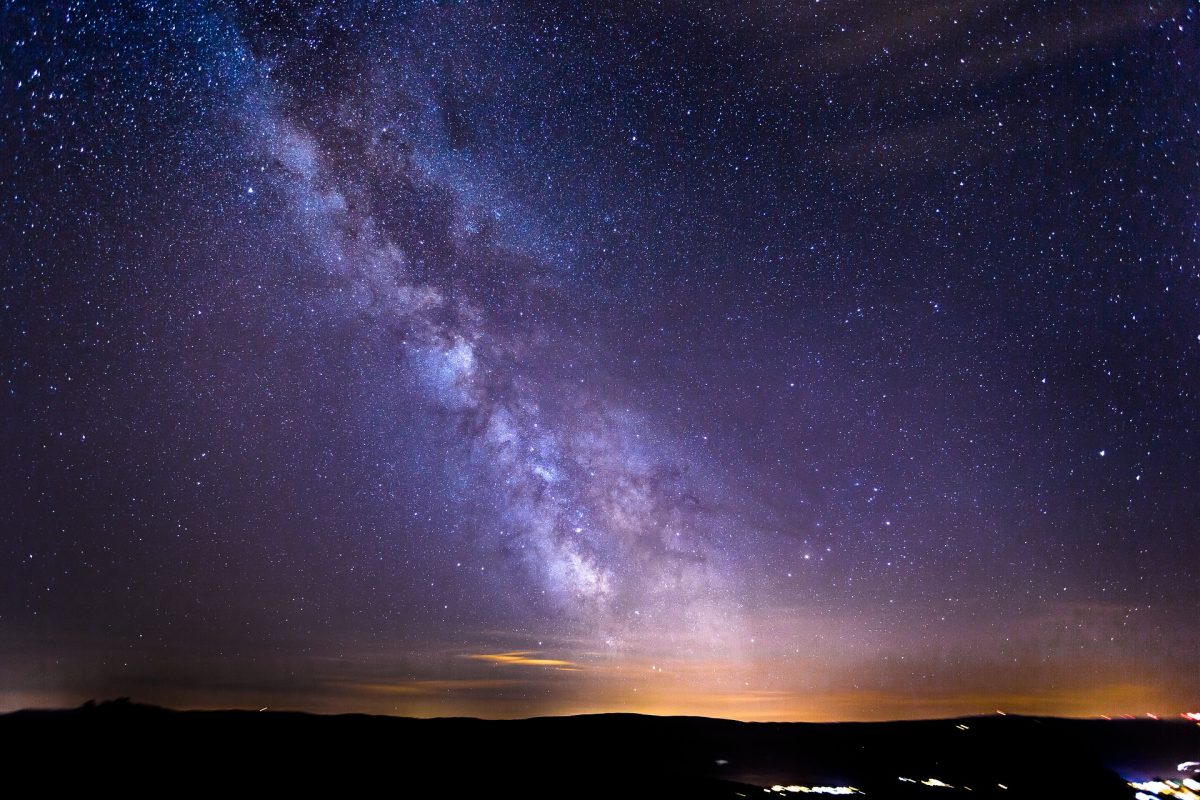The GUAIX group studies both distant and nearby galaxies. While observing nearby galaxies allows us to know the dynamics of galaxies and the formation of stars on a large scale, the study of distant galaxies summarizes the different stages of galaxy evolution and formation from over 95% of the development of the universe.
The main interest of the GUAIX Group in nearby galaxies is focused on the study of the history of star formation and chemical and kinematical properties of disk systems
Galaxy Observations
Galaxy Simulations
Over the past few years, astronomers have tried to simulate the conditions under which millions of galaxies in the observable universe emerged after the Big Bang. Thanks to today’s supercomputers and better algorithms, we can now perform simulations that help us verify and expand on existing experimental knowledge about the universe’s early stages. Some of our researchers are currently working on simulating the formation of the universe, with simulations of different degrees of complexity.
Astrostatistics
The astrophysics of the 21st century faces great challenges in the statistical treatment of the huge amount of data that astronomers receive. From this emerges the need for a discipline such as Astrostatistics in order to process the vast amount of data produced by automated scanning of the cosmos, to characterize complex datasets, and to link astronomical data to astrophysical theory. Some of the members of our department are dedicated to this discipline.
Dark Skies
The study of light pollution is one of the most innovative research topics, with the greatest scientific and social impact growth in recent years. We are developing instruments and collaborating with several multidisciplinary research groups. The UCM team is part of two European projects related to light polllution: STARS4ALL and ACTION.




